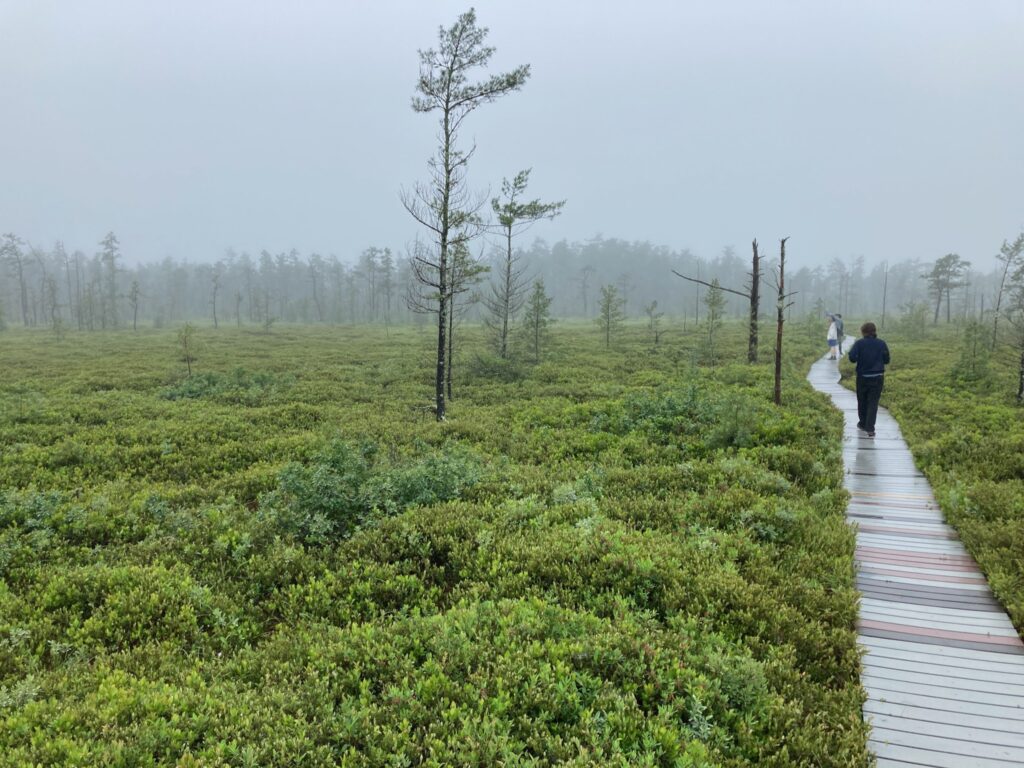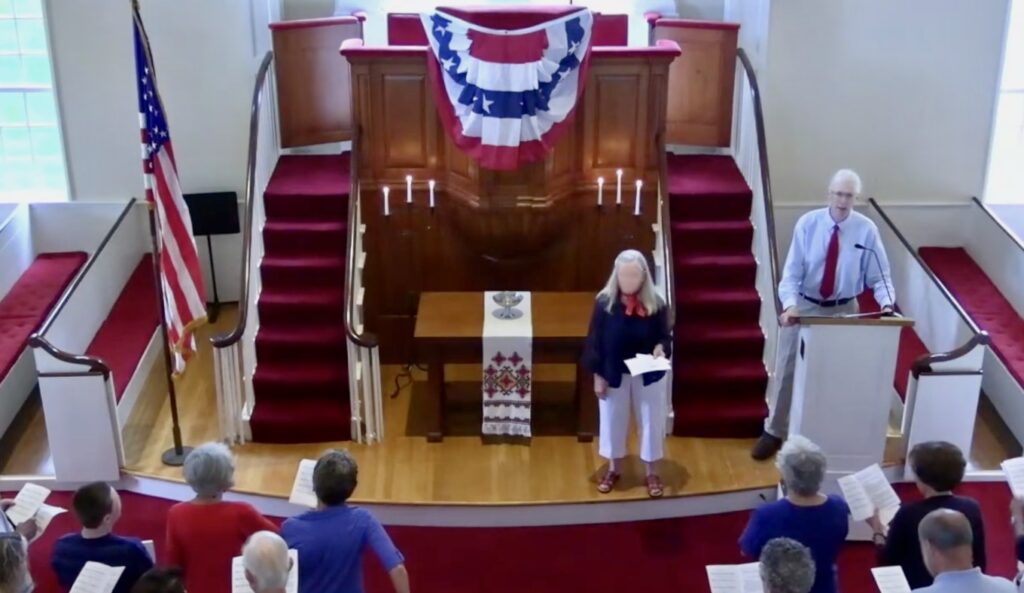Yet another news article about a religious group taking a public stand that homosexuality is sinful: the Christian Reformed Church in North America did so in its national meeting last month. Because of this stance, several open and affirming Christian Reformed Churches have to decide what to do. Do they disaffiliate, or kick out their openly LGTQ+ members and staff? The news article offers this insight:
“‘I think it’s because of the culture wars in the United States that the [Christian Reformed Church] synod has decided that they’re going to push this issue,’ said Henry DeMoor, a professor emeritus of church polity at Calvin Seminary who has watched the unfolding clash and belongs to another Christian Reformed Church in Grand Rapids. ‘It seems like we have divided the church, the way the Republicans and the Democrats divide politically.'”
Politics has long influenced US religious history. Back in the mid-nineteenth century, Protestant denominations split over the issue of slavery. Baptists, Methodists, Presbyterians, and other Protestant groups split because of differing views on slavery and anti-Black racism.
Today, we’re still seeing denominations splinter over approaches to anti-racism. The Southern Baptists have lost congregations over critical race theory (CRT). A US Catholic writer has written a book about how CRT cannot be reconciled with Catholic teaching (although other authors disagree). The Presbyterian Church of America has been accused by some of its adherents of “kneeling before the golden statue” of CRT. And the newly-formed North American Unitarian Association (NAUA) seems to have formed at least in part due to disagreements with the Unitarian Universalist Association (UUA) on the best approach to dealing with racism.
But — these days, denominations are also splintering over human sexuality. The United Methodist Church is losing something like one fifth of all its congregations over LGBTQ+ issues. The Southern Baptists just kicked out one of their largest congregations, Saddleback Church, because that congregation ordained women as pastors.
This leads us to an obvious conclusion:
Religion does not belong to some Platonic Realm of Truth which is somehow separate from daily life. Religion is thoroughly enmeshed in the ordinary concerns of day-to-day living. And right now, US society is deeply divided over how to address ongoing racism, and how to understand human sexuality. These deep divisions are going permeate every aspect of human society, including religious organizations.
Religion is of this world. For someone like me, this is a good thing because it means that religion is actually of use in dealing with day-to-day problems. But that also means religion is not going to be some idyllic oasis where you can escape from reality — religion may help you deal with reality, but it is not going to separate you from reality.







